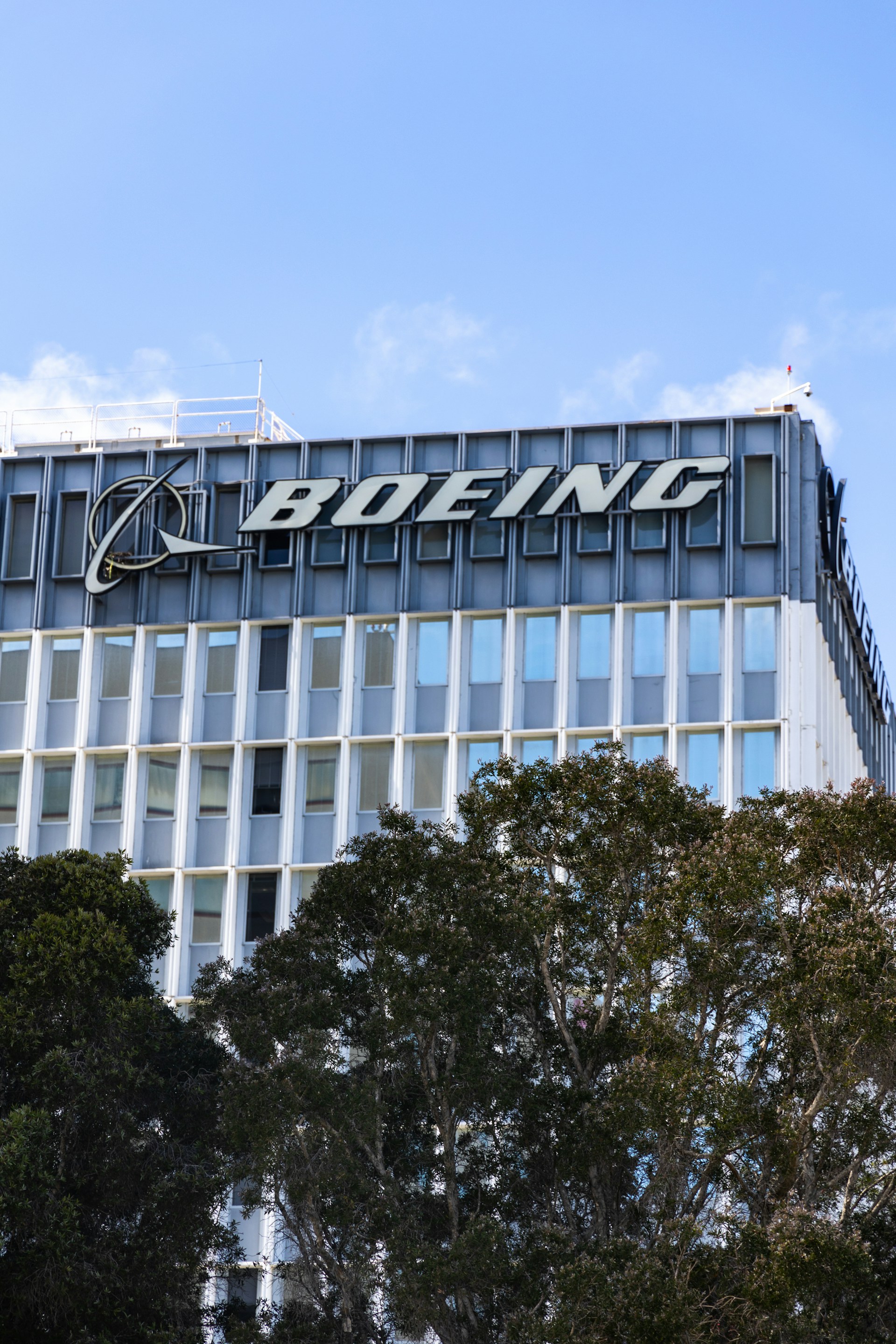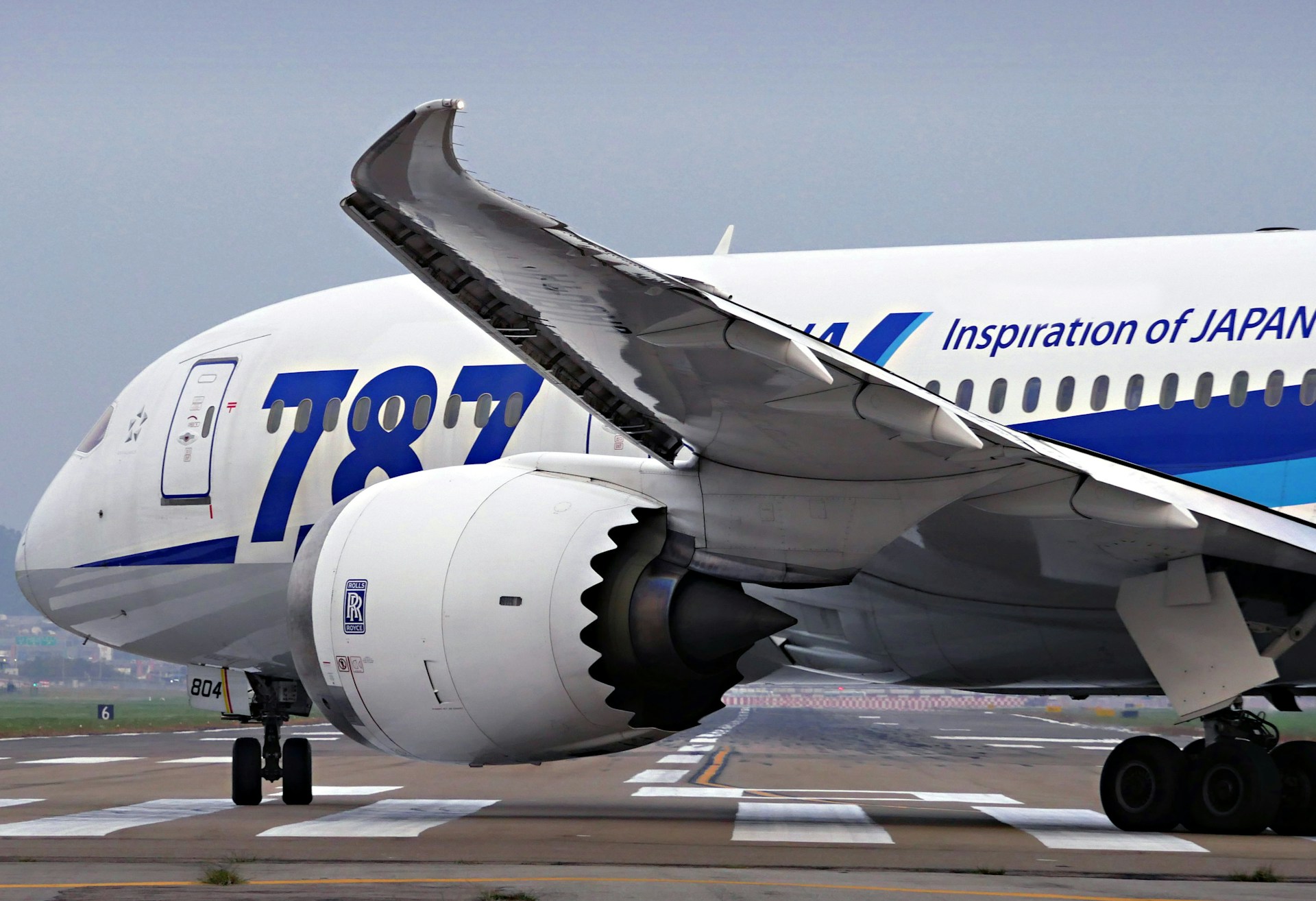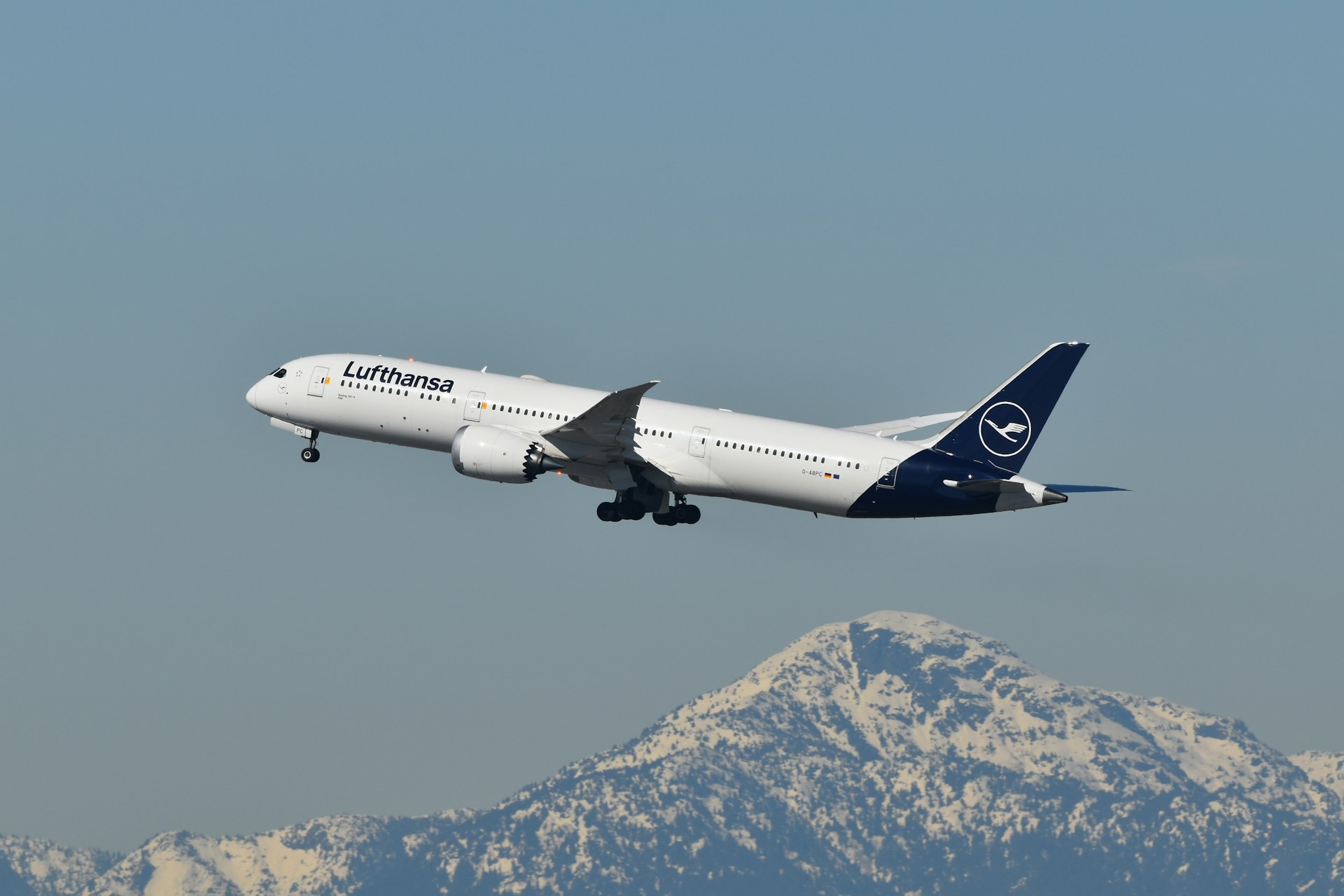Key Takeaways
- The FAA has proposed a $3.1 million fine against Boeing for alleged safety and compliance violations tied to production oversight.
- The action reflects intensified regulatory scrutiny of aircraft manufacturing quality systems after recent safety incidents.
- A proposed fine is an allegation, and Boeing can contest, negotiate, or settle before any penalty is finalized.
- Airlines and lessors will monitor for potential delivery impacts as Boeing responds with corrective measures.
- The case aligns with broader industry trends: stronger safety management systems, stricter supplier oversight, and tighter FAA enforcement.
- Market watchers will look for any implications for key Boeing programs, including the 737 and 787.
Why the FAA’s Proposed $3.1 Million Fine Matters
The Federal Aviation Administration’s proposed $3.1 million fine against Boeing is more than a headline—it signals how aggressively the regulator is approaching manufacturing safety and compliance. While the FAA regularly levies civil penalties, this case arrives during heightened scrutiny of aircraft production and quality systems after a series of industry-wide safety incidents.
For Boeing, the proposal raises critical questions about how its factories manage oversight, how effectively suppliers are monitored, and whether its safety management systems are robust enough to meet today’s regulatory expectations.

What the FAA’s Action Typically Involves
A proposed civil penalty is not a final determination but an allegation of violations. The FAA issues a Notice of Proposed Civil Penalty, usually focused on production procedures, conformity inspections, and regulatory documentation. Boeing then has several options: it can accept the penalty, contest it, or negotiate a settlement.
Resolution often comes through corrective action agreements, settlements, or administrative hearings. The process puts pressure on manufacturers to prove that corrective measures are not only in place but effective.
Context: Intensified Oversight of Aircraft Manufacturing
In recent years, the FAA has stepped up its oversight of both airframers and suppliers. This reflects a broader shift in the industry toward stronger safety culture, tighter documentation, and traceable quality controls. For major programs like the Boeing 737 and 787, regulators have increased audits of suppliers, reviewed production paperwork more thoroughly, and scrutinized parts conformity.
Even when a penalty does not specifically cite an aircraft type, the implications are wide-ranging. Any compliance gap can ripple across assembly lines, certification records, and ultimately, delivery schedules to airline customers.
Implications for Airlines, Lessors, and the Supply Chain
Airlines and lessors monitoring Boeing’s production timelines will examine this case for clues about delivery stability. Increased audits or revalidation requirements could add short-term delays. However, stricter quality checks often reduce rework, technical bulletins, and in-service disruptions further down the line.
For suppliers, the message is clear: expect stronger requirements for part traceability, process discipline, and fully digital documentation that meets FAA standards.
Boeing’s Path Forward: Compliance, Culture, and Communication
Boeing’s immediate priority will be addressing the FAA’s allegations with clear corrective actions. That likely means ramping up internal audits, retraining staff, investing in manufacturing execution systems, and intensifying oversight of key suppliers.
Transparent communication with airline customers and investors will be crucial, especially if remediation affects delivery sequencing. In the long term, Boeing will need consistent adherence to safety management systems and data-driven quality metrics to restore regulator confidence and maintain operational reliability.
What to Watch Next
Key milestones ahead include Boeing’s formal response to the FAA, the possibility of a negotiated settlement, and any additional corrective measures the regulator may require. Analysts will also watch for links to Boeing’s flagship programs and whether delivery schedules are affected. More broadly, this case could become a bellwether for how strictly the FAA enforces manufacturing compliance across the aviation industry in 2025 and beyond.
FAQs
What is the FAA’s proposed $3.1 million fine against Boeing about?
The FAA issued a Notice of Proposed Civil Penalty alleging safety and compliance violations tied to Boeing’s production and quality processes. It is an allegation, not a final determination, and Boeing can respond, contest, or settle.
Does this affect Boeing 737 or 787 deliveries to airlines?
The proposal does not specifically cite aircraft types, but heightened oversight may influence production flow. If corrective actions are required, Boeing may adjust delivery schedules to ensure compliance.
How does the FAA civil penalty process work?
The FAA outlines alleged violations in a notice and proposes a fine. The company can negotiate, provide corrective actions, or contest the claims. Outcomes may include a settlement, a corrective action plan, or an administrative decision.
Will the proposed fine impact airline safety or passenger routes?
Passenger safety remains protected by multiple layers of oversight. The proposed fine targets manufacturing compliance and aims to strengthen quality systems, not disrupt airline operations.
What does this signal about FAA oversight of aircraft manufacturing?
It highlights a regulatory trend toward stricter enforcement of safety management systems, supplier traceability, and production documentation. This approach applies not just to Boeing but across the global aviation industry.
Could Boeing face additional fines or actions?
Yes, if the FAA finds further violations or if corrective actions fall short. Conversely, robust compliance and effective remediation can reduce the likelihood of future penalties.
.zip%20-%201.PNG)



